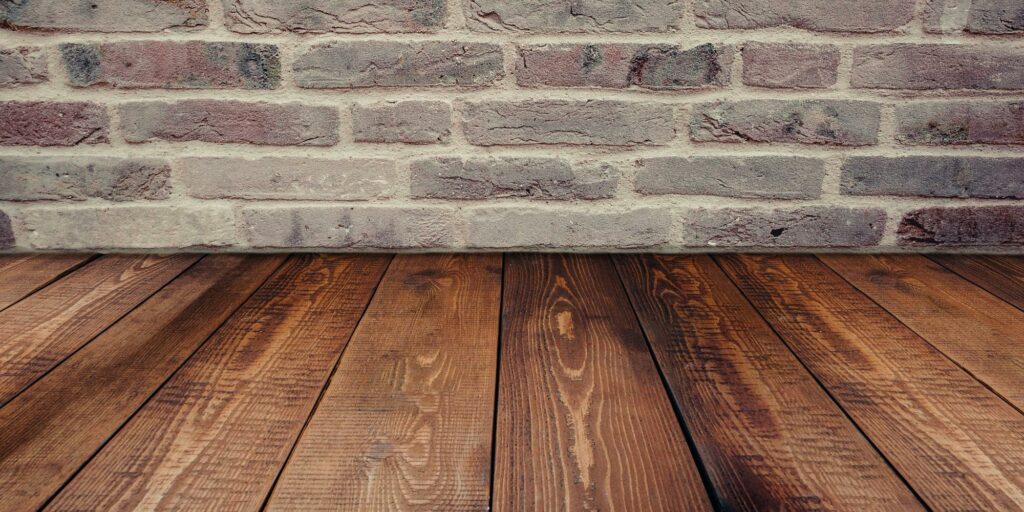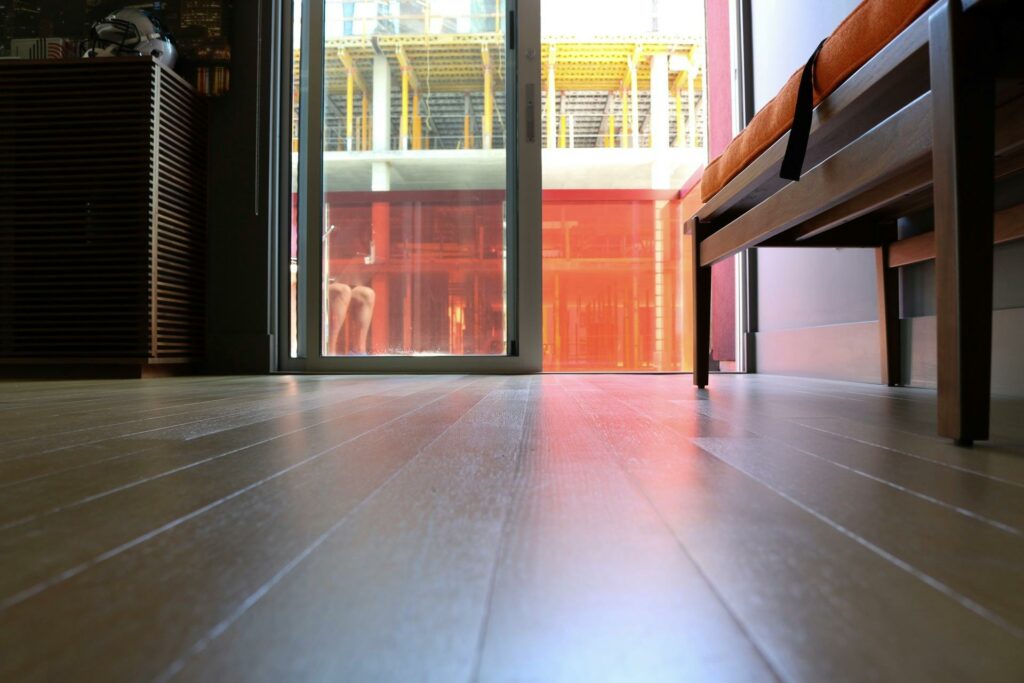Unveiling the Beauty and Timeless Appeal of Hardwood Flooring
Hardwood flooring is a timeless choice that brings warmth, elegance, and durability to any space. Whether you’re renovating your home or building from scratch, understanding the basics of hardwood flooring can help you make informed decisions and create the perfect ambiance for your space. In this guide, we’ll explore the essential things you need to know about hardwood flooring.
1. Types of Hardwood:
Hardwood flooring comes in various species, each with its unique characteristics. Common hardwood species include oak, maple, cherry, walnut, and hickory, each offering distinct grain patterns, colors, and hardness levels. Understanding the differences between hardwood species can help you choose the right flooring option to suit your style preferences and lifestyle needs.
2. Solid vs. Engineered Hardwood:
When selecting hardwood flooring, you’ll encounter two primary types: solid hardwood and engineered hardwood. Solid hardwood is made from a single piece of wood and offers timeless beauty and durability. Engineered hardwood consists of multiple layers of wood veneer bonded together, making it more resistant to moisture and temperature fluctuations. Both options have their advantages, so it’s essential to weigh the pros and cons based on your specific requirements.

3. Durability and Maintenance:
One of the key benefits of hardwood flooring is its durability and longevity. Hardwood floors can last for decades with proper care and maintenance, making them a wise investment for your home. Regular sweeping, vacuuming with a soft brush attachment, and occasional mopping with a damp cloth are recommended to keep hardwood floors clean and free of debris. Additionally, consider using furniture pads to prevent scratches and dents caused by heavy furniture.
4. Installation Methods:
Hardwood flooring can be installed using various methods, including nail-down, glue-down, and floating installation. The installation method you choose will depend on factors such as the type of hardwood, subfloor material, and your preferences. Professional installation is often recommended to ensure a seamless finish and proper placement of the flooring.
5. Environmental Considerations:
As a natural material, hardwood flooring is an environmentally friendly choice for your home. However, it’s essential to choose sustainably sourced hardwood to minimize the impact on forests and ecosystems. Look for certifications such as the Forest Stewardship Council (FSC) or the Sustainable Forestry Initiative (SFI) when selecting hardwood flooring to ensure responsible sourcing practices.
6. Cost and Value:
While hardwood flooring may have a higher upfront cost compared to other flooring options, its longevity and timeless appeal make it a valuable investment for your home. Hardwood floors can add significant resale value to your property and enhance its overall aesthetic appeal. Consider the long-term benefits of hardwood flooring when evaluating the initial cost to make an informed decision.

A Timeless Investment for Your Home
Hardwood flooring offers unmatched beauty, durability, and value, making it a popular choice for homeowners worldwide. By understanding the different types of hardwood, installation methods, maintenance requirements, and environmental considerations, you can select the perfect hardwood flooring option to elevate the look and feel of your home. Whether you prefer the classic charm of oak or the exotic allure of walnut, hardwood flooring is sure to create a lasting impression in any space.

